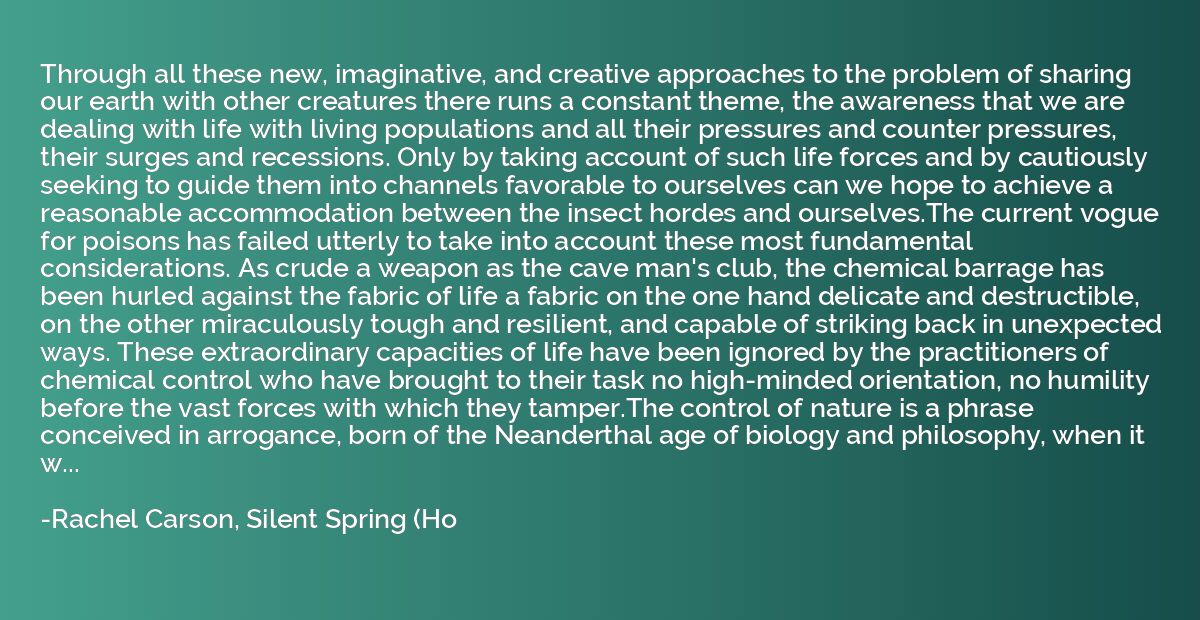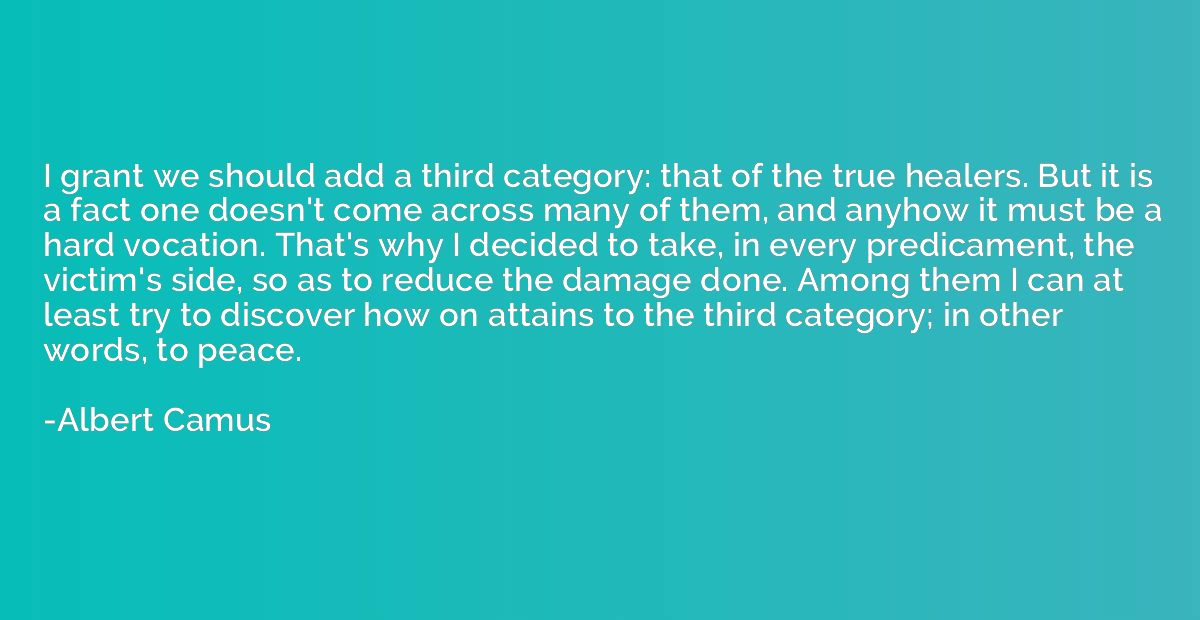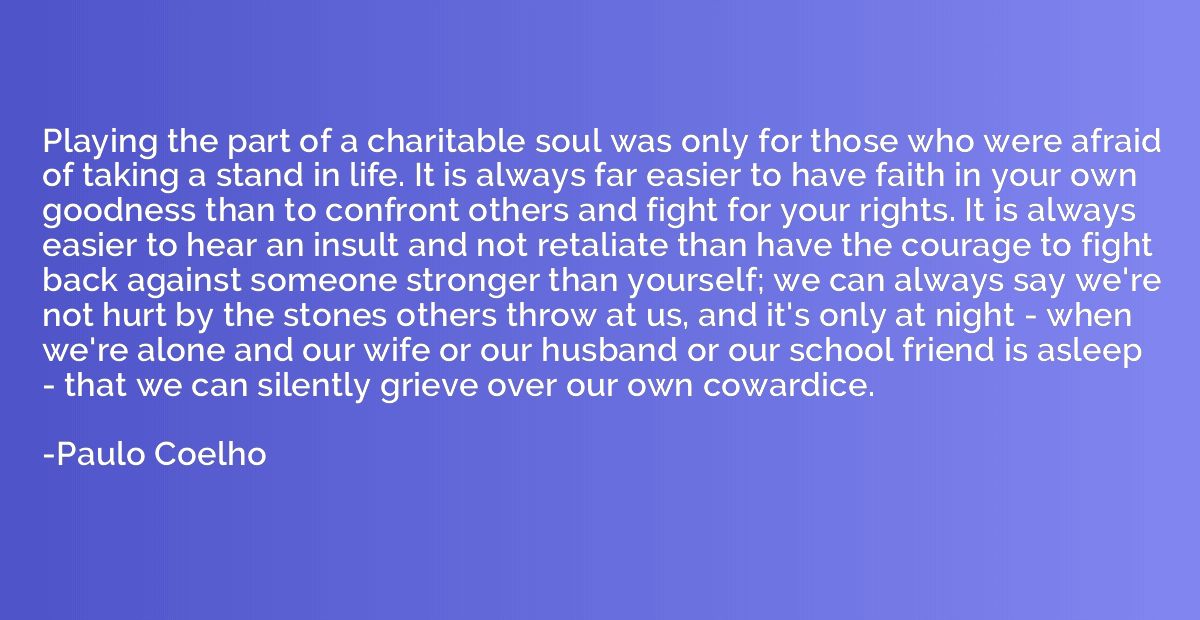Quote by George Orwell
Now, comrades, what is the nature of this life of ours? Let us face it: our lives are miserable, laborious, and short.

Summary
In this quote, the speaker addresses their comrades and questions the true essence of their existence. They assert that their lives are marked by misery, arduous work, and brevity. It implies a sobering reflection on the harsh realities of life, prompting the comrades to confront the discouraging aspects of their existence. This quote might aim to inspire unity and a collective pursuit of transformative change to escape the grips of such an unfortunate existence.














